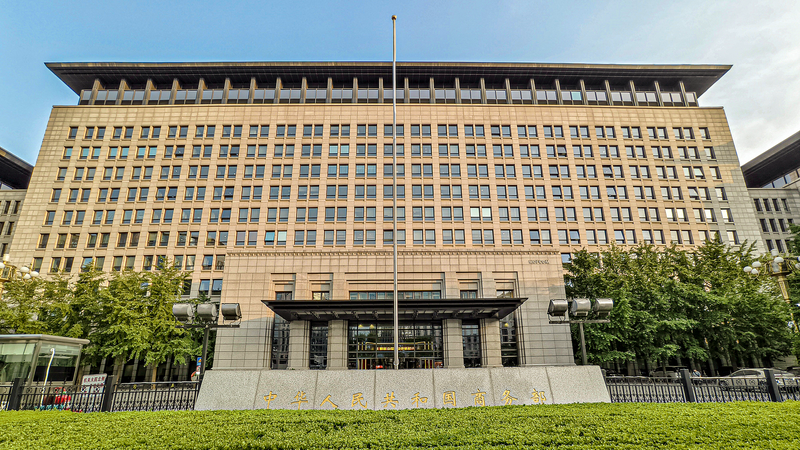China Imposes Temporary Anti-Dumping Measures on EU Pork
In a preliminary ruling announced by the Ministry of Commerce on Friday, the Chinese mainland will impose temporary anti-dumping deposits on certain pork and pig by-products imported from the European Union, effective September 10. Deposit rates will range from 15.6% to 62.4%, depending on the exporter.
The investigation began on June 17 last year after domestic industries raised concerns about unfair pricing practices. On June 10 this year, the ministry extended the probe until December 16, 2025, to ensure a thorough review under China’s laws and WTO rules.
The ministry found that EU pork imports had been sold at below fair market value, causing substantial damage to related industries in the Chinese mainland. Importers must now provide deposits to customs authorities based on the specified rates while the case undergoes full examination.
Despite these measures, a ministry spokesperson emphasized caution and restraint in using trade remedies. "We firmly oppose the abuse of such measures and are open to dialogue and consultation with EU counterparts to maintain the overall stability of economic and trade cooperation," they said.
Global Market Implications
- Supply Chain Shifts: EU exporters may reconsider pricing or reroute shipments, influencing pork availability and costs in Asia.
- Relief for Local Producers: Farmers in the Chinese mainland could see temporary relief as duties aim to level the playing field.
- Policy Insight: This move underlines the role of trade remedies in balancing domestic interests with international cooperation.
For young global citizens and business enthusiasts, this development highlights how policy shifts can ripple through markets, affecting everything from dinner tables to investor strategies. Staying informed on trade measures like these is key to spotting opportunities and managing risks in today’s interconnected economy.
Reference(s):
China to impose temporary anti-dumping measures on EU pork imports
cgtn.com




